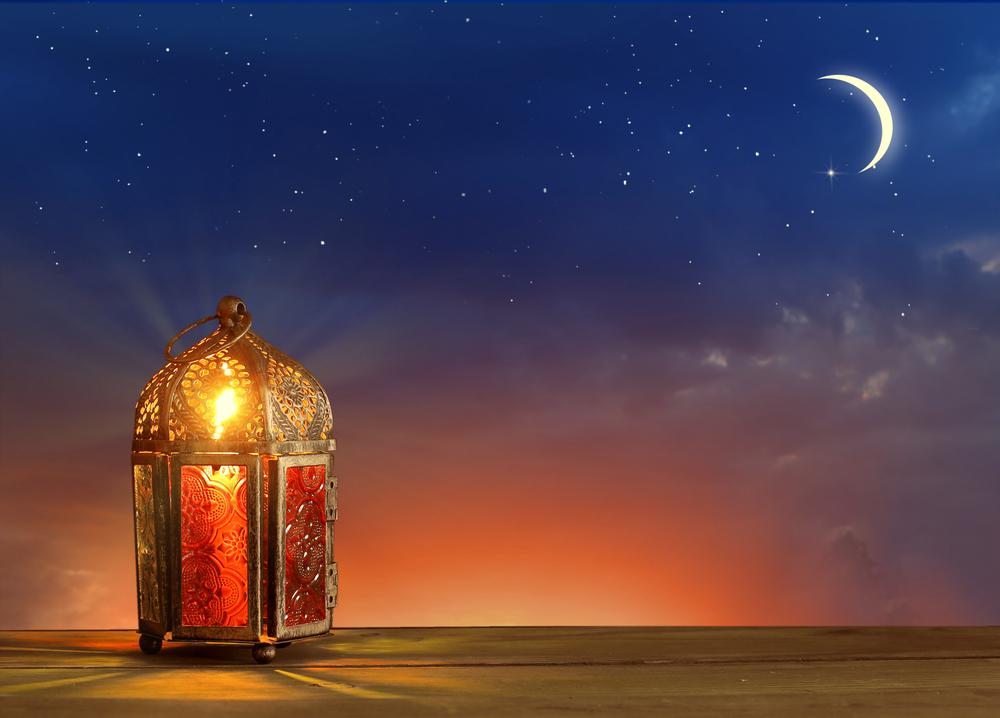
Eid is a special occasion for Muslims - a festival of joy and happiness for believers around the world. The literal meaning of Eid-al-Fitr mean the ‘festival of breaking the fast’. It is a time of expressing joy and gratefulness on the ability to fast through the blessed month of Ramadan. The day of Eid should be spent according to the teachings of the Prophet SAW, with a special focus on the acts of worship, particular practices, and traditions prescribed by the Sunnah.
Describing the importance of Eid over pre-Islamic festivals, the Messenger of Allah SAW said:
“Verily Allah has replaced them for you with something better than them: the day of (Eid) al-Adha and the day of (Eid) al-Fitr.” [Sahih Sunan Abi Dawood]
The day of Eid begins with the declaration of the greatness of Allah SWT. It is Sunnah to recite takbir on the occasion of Eid al-Fitr - the words of glorification of the Lord. Allah SWT has commanded in the Quran:
[Allah wants] for you to complete the period and to glorify Allah for that [to] which He has guided you; and perhaps you will be grateful. [2:185]
Takbir continues until the start of the Eid prayer with the Imam. Before Eid prayer, the believers are advised to perform certain obligatory and Sunnah acts, including the payment of Zakat-al-Fitr if not paid already. The believers are advised to have a bath, put perfume on, dress in their best clothes and eat something or have breakfast before heading out to the place of prayer.
Adorning oneself on the occasion of Eid is prescribed for Muslims and has been the practice of the companions. The scholars state that Ibn Umar used to wear his finest clothes on the days of Eid. Some scholars consider it Mustahab to adorn oneself and put on perfume at every Eid.
Eid prayer is followed by visiting family and friends and exchanging Eid greetings. Families enjoy a nice meal together and spend time with each other, engaging in fun activities. The scholars advise sticking to permissible leisure activities on this special occasion. There are many such activities like family picnic, Naheeds with duff, archery etc.
Eid 2025 is estimated to fall in March in the UK. Muslims in the UK celebrate Eid with great enthusiasm just like believers around the world. Special decorations are put up and homes are cleaned and tidied to welcome the blessed occasion. People buy traditional or festive clothes for the joyous day. Women and children visit henna stalls the night before Eid and have their hands and arms beautified with intricate patterns. The preparation for cooking a delicious meal starts a few days in advance, with shopping of necessary ingredients, delicacies and treats.
The day begins with Eid prayer like most parts of the world, which happens in a park or open space in Muslim majority areas if weather permits. Believers from various cultures come together to celebrate the auspicious day which makes it even more vibrant. The prayer places are full of bright colours and beaming faces. People greet each other after the prayer and children enjoy funfair or joy rides often brought for family fun. Many families and individuals choose to stay after the prayer and have a nice picnic with family and friends. In some cultures, children are given Eid-money while some see the exchange of gifts. It is a heart-warming atmosphere characterised by the sharing of smiles and bliss gifted by the day of Eid.
There are different festive food traditions in different Muslim communities. Around two billion Muslim will be celebrating Eid in more than 50 Muslim countries and around the world. Different cultures have diversified and enriched the food traditions at the time of Eid.
In south Asian cultures, sweet dishes like Kheer, Sheer Khurma or Siwayyan are a must to start the day. The sides include Samosa, Pakora, Kebab, Tikka and the traditional main course consists of dishes like Biryani, Chicken Karahi, Naan, Lamb Palak etc. Some families opt for Haleem and Kachori.
Popular Middle Eastern snacks include small cookies stuffed with dates and nuts called, Ma’amoul. Baklava, Basbousa and Katayee are traditional sweets and desserts enjoyed in many Muslim countries on special occasions.
Eid-al-Fitr is a happy occasion. In many communities, traditional clothes are worn at Eid which include Jubba, Keffiyeh, turbans, Fez hat, Topi, Shalwar Kameez, waistcoat, Abaya and Sherwani. Small children dressed in traditional attire look adorable and contribute to the beauty of the day of Eid. Many African Muslims choose traditional bright colours, adding to the lively atmosphere.
Popular Eid gifts include biscuits or traditional cookies, chocolates, clothes, scarves, jewellery, toys, books and games.
Around this festive time, the believers are advised to remember the less fortunate ones. The obligatory charity of Zakat-al-Fitr is aimed at helping those in need around the blessed time of Eid. It is a time of sharing. Keeping up with the spirit of Ramadan generosity, continue giving your Sadaqah and Zakah to make this Eid a happy occasion for those living in financial hardship. Visit UKIM’s website to access Zakah calculator to help with your Zakah payment. Donate to UKIM and brighten up the day of Eid for those desperate for your help.
Copyright © 2025 UKIM All Rights Reserved.
UK Registered Charity Since 1962
Charity Registration No. 250275


